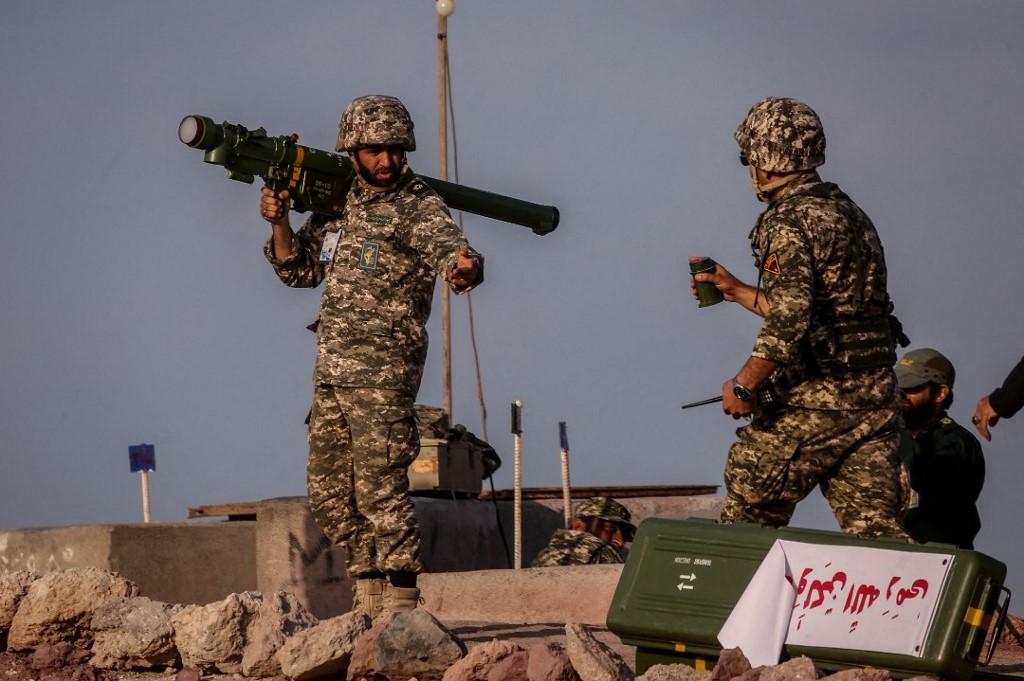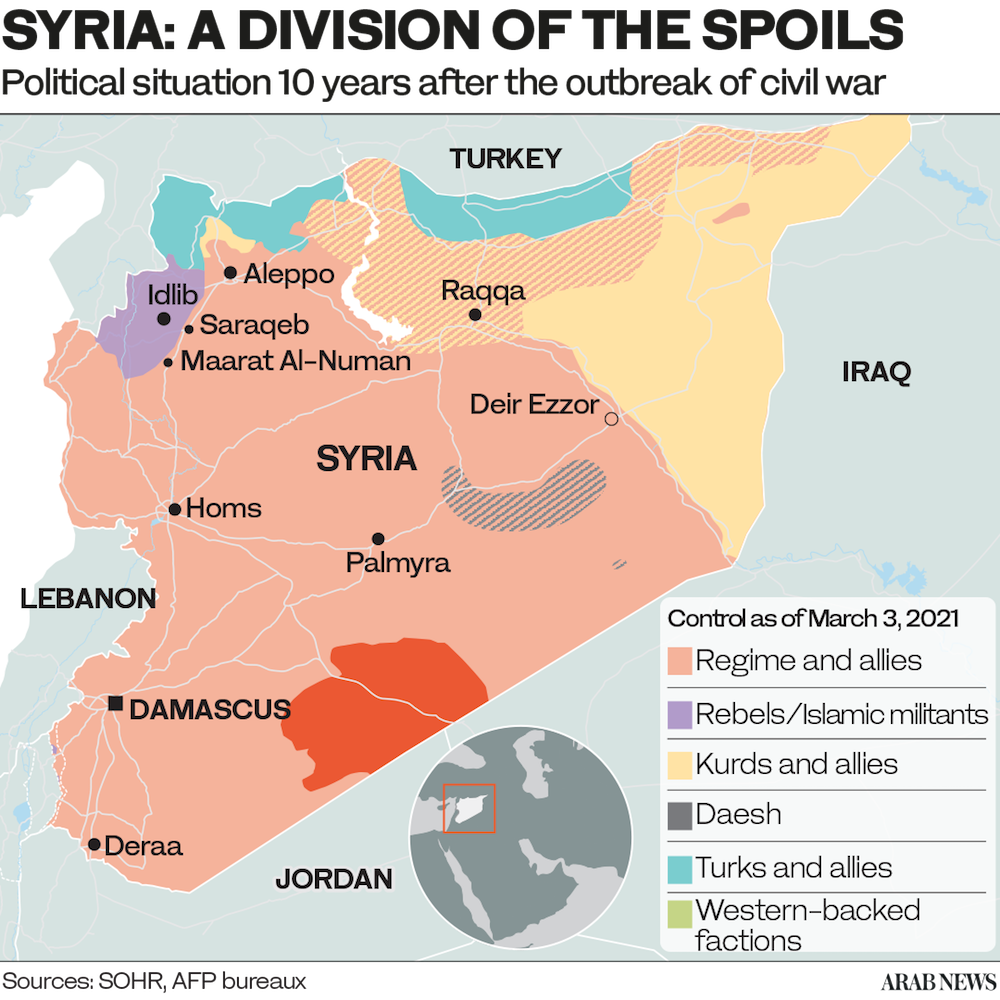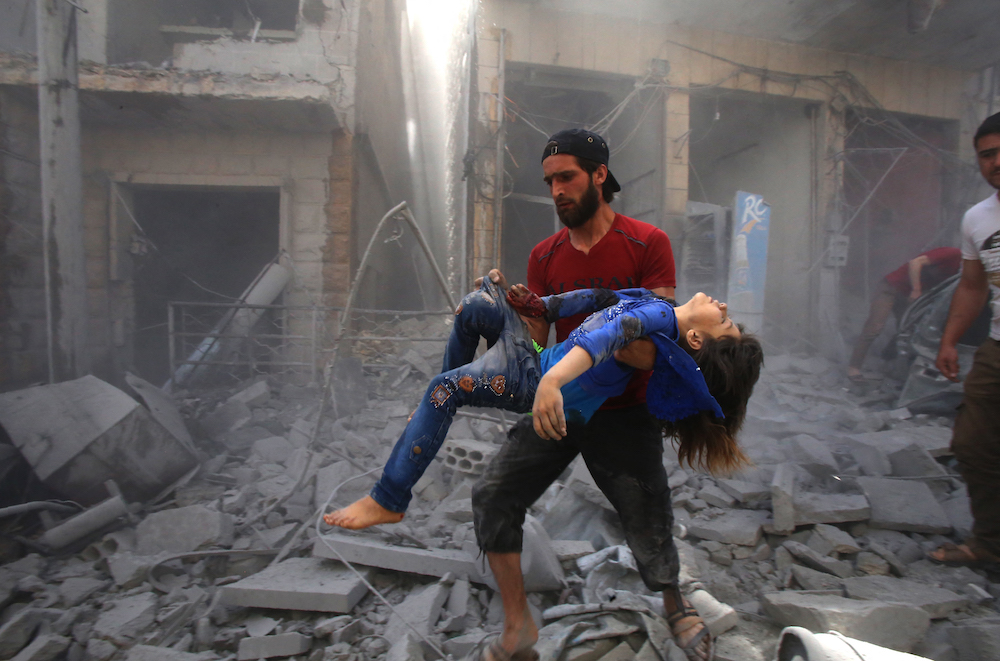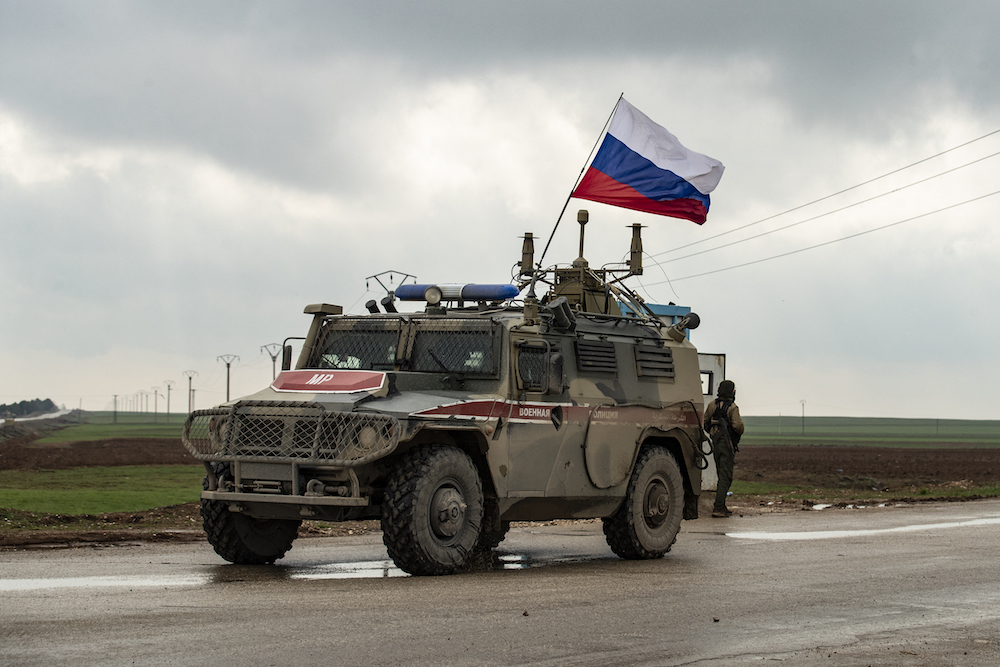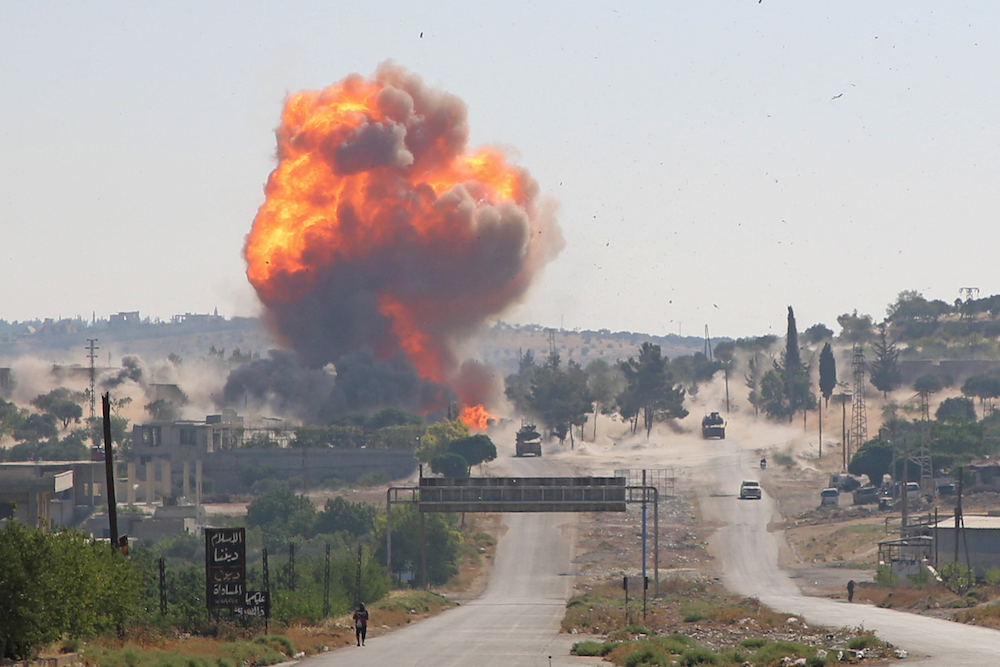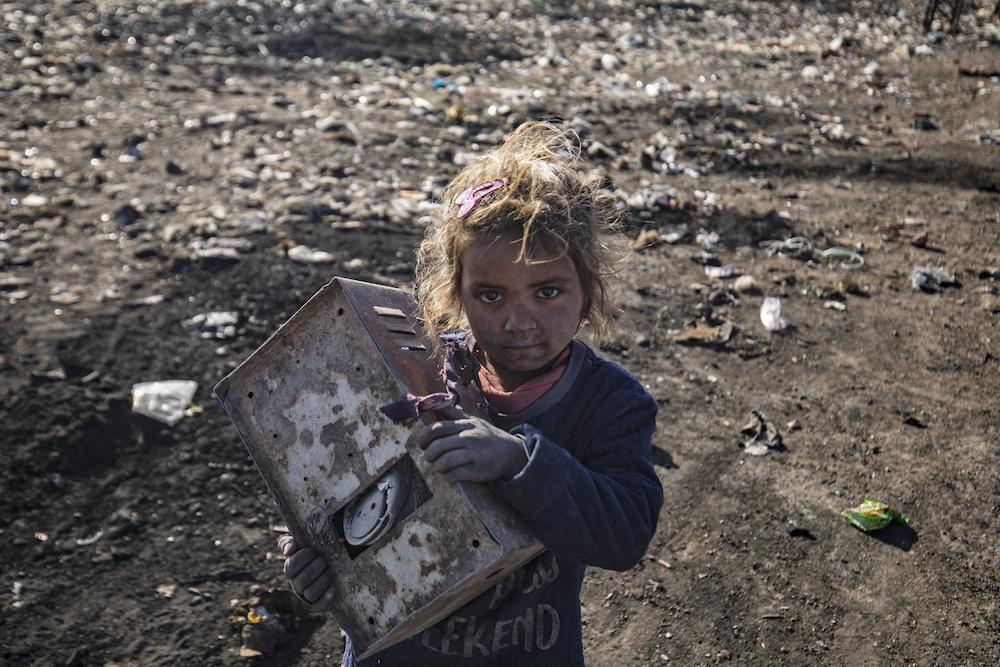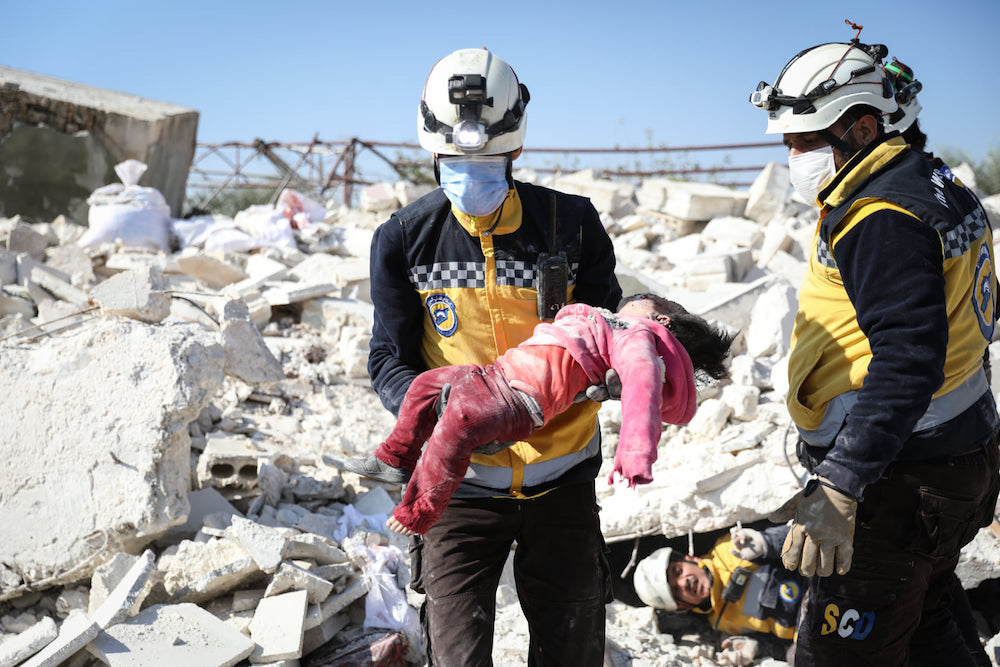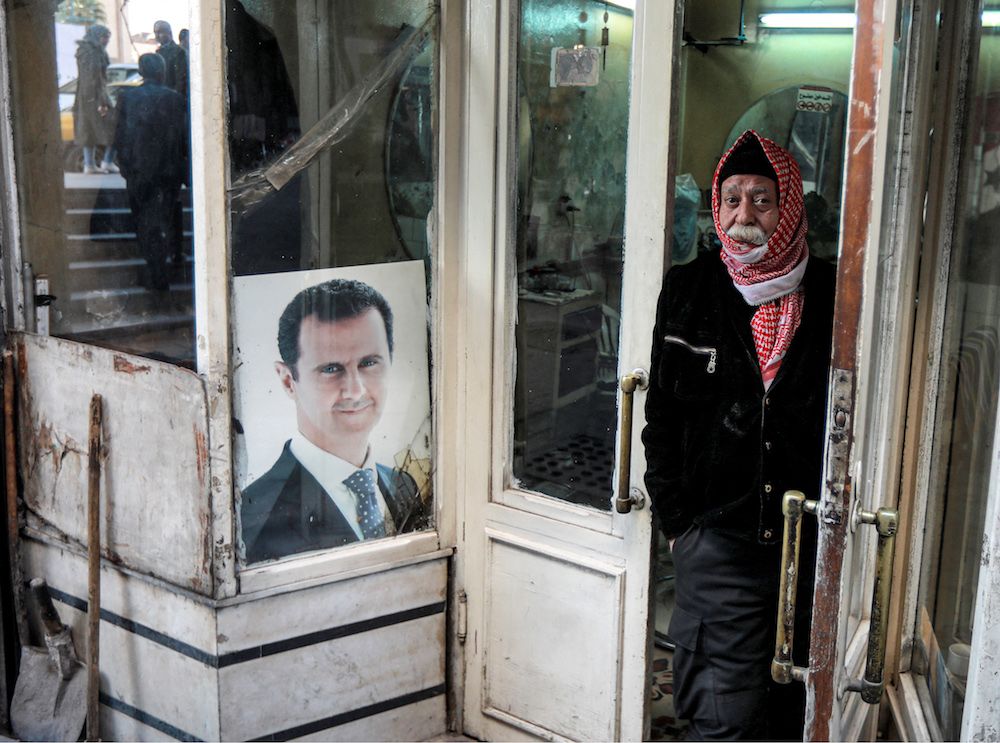Lebanon’s Bassil hits out at Hezbollah amid country’s political paralysis
BEIRUT: Lebanese lawmaker Gebran Bassil has hit out at ally Hezbollah, as the country entered 2022 experiencing the same political paralysis as the year before.
Cabinet sessions are yet to resume as the ministers of Hezbollah and the Amal movement are still refusing to attend sessions.
Bassil, who heads the Free Patriotic Movement, on Sunday sharply criticized what he called “the militia warlords and the leaders of corruption.”
Neither Hezbollah, Parliament Speaker Nabih Berri, nor Lebanese Forces party leader Samir Geagea were spared in his remarks. Nor did the governor of the central bank, Riad Salameh, emerge unscathed as Bassil took aim.
Bassil, who has been an ally of Hezbollah since 2006 through the Mar Mikhael Agreement, asked: “Where is the consensual democracy? Is it (by) paralyzing the Cabinet and attacking the president and his rule? Is it by attacking the Constitutional Council? Where is the defensive strategy to solve problems with sister countries?”
His comments come amid a devastating economic crisis in Lebanon and ahead of critical parliamentary elections in which his party is expecting tough competition.
He added: “Making empty promises then belittling us and what we represent is unacceptable. Of course, we would be more powerful in the elections if we were to ally with Hezbollah, but if we need to choose between winning the elections and keeping our dignity, then I would say it’s better to be alone than with bad company.
“Hezbollah Secretary-General Hassan Nasrallah will say that such matters should only be discussed in closed meetings. That’s true, but we have tried and tried to see eye to eye.
“We do not want to disregard the understanding we have with Hezbollah because it is a sound understanding, based on national constants. However, we want a better one because it is no longer effective. Our priority is the state and reforms. Their priority is the resistance and defending it. We cannot lose the state and the resistance, but we can win both.”
His remarks also come amid a worsening division between President Michel Aoun and his team on the one hand and Hezbollah and Berri on the other.
Further bickering is expected against the backdrop of Berri’s demand to hold an extraordinary parliament session, which requires Aoun’s signature, while Nasrallah is expected to give a highly anticipated speech on Monday.
Bassil said his party was the only one that stood against foreign projects such as the “deal of the century,” a reference to former US President Donald Trump’s Middle East peace plan, and local ones that “target our rights” as Christians.
“Those who disrupted the work of the Taif Agreement have turned our democracy into a disruptive one that prevents any decision from being taken, even if it is unanimous. I do not understand the obstruction, the Parliament approves the laws it wants and the rest is kept in the bottom drawer, including the gas law that feeds all electricity plants and the criminal audit law.”
Bassil said that Berri ultimately decided which laws were subject to discussion and which were not, and he reiterated Aoun’s demand for a decentralized administrative and financial system.
“Whoever thinks they can use force to get their way should reconsider and see where such attempts have led others.”
The lawmaker also attacked Salameh who, he said, was “politically protected by the pillars of the political system.”
He accused Salameh of orchestrating the largest organized robbery of people’s money, claiming the top banking official was wanted in seven countries but “no one dares to address him in Lebanon.”
He alleged that the governor had obstructed the criminal audit into the central bank’s accounts and was sabotaging the financial recovery plan with the IMF.
Bassil further said that Salameh had “illegally applied a haircut on deposits and is still making profits and smuggling money abroad.”
He spoke about the price the FPM had to pay for supporting Hezbollah since the international community was working on isolating it.
“When we were asked to partake in this isolation, we refused. We provided political support to the resistance against Israel and Daesh. We also received political support from Hezbollah in return and attempts to isolate Hezbollah are ongoing.”
Bassil, whom political observers believe has lost a lot of his popularity in the Christian community, accused Geagea of being “a tool for foreign parties — Israel and the US — seeking sedition in Lebanon.”
Lebanese Forces lawmaker Imad Wakim tweeted in response to Bassil’s speech: “He unleashed his delusions. Of course, he had to talk about Aoun’s lost powers and the rights of the Christians, blaming everyone except the FPM. Has he forgotten that people now refer to him as Pinocchio and no longer believe anything he says?”

As the crises in Lebanon continue into 2022 so does the suffering of its peopleLebanon seizes Captagon shipment in fake oranges



